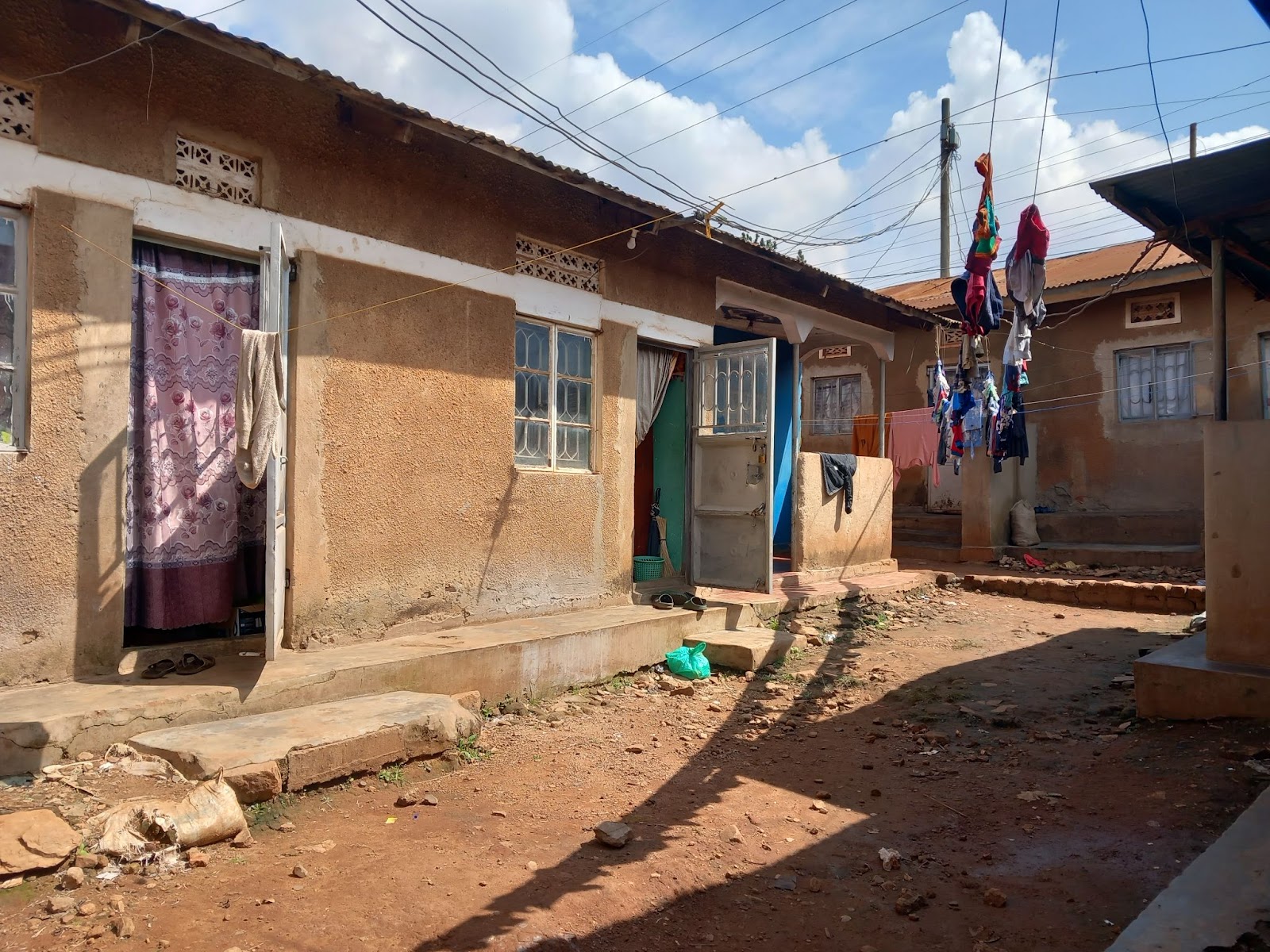Research in partnership with 25 informal settlements in Kampala shows that grid connections deliver electricity of variable and inequitable affordability, safety, and reliability
Publication name: Nature Cities
Projected publication date: April 8, 2025
List of authors, including any relationships to ERG, RCNR, campus:
- Jess Kersey, ERG PhD candidate
- Kiki Civian Massa
- Dr. June Lukuyu
- Judith Mbabazi
- Dr. Jay Taneja, UCB alum
- Dr. Dan Kammen, ERG professor
- Dr. Vero Jacome, ERG alumna
Copy of paper: https://escholarship.org/uc/item/3n5102td
Abstract for paper:
As the Global South rapidly and inequitably urbanizes, cities are at the forefront of efforts to address energy-related dimensions of poverty. In many African cities, electricity via a connection to a grid – the “gold standard” of electrification – has not substantially displaced smoky, polluting fuels. Among low-income communities, connections tend to be based on improvised, informal arrangements with local intermediaries. The nature and level of access these connections provide is not well understood and cannot be easily measured using existing energy access metrics like the Multi-Tier Framework. This study provides a grounded, empirical analysis of grid connections across 25 informal settlements in the Ugandan capital city of Kampala. Using a mixed methods approach that incorporates surveys, interviews, and remote power quality monitoring, we trace electrical and financial flows between the utility, supply intermediaries, and end users. We identify 29 unique configurations of these flows, which we term service arrangements, that provide electricity of varying and overall limited levels of affordability, reliability, voltage stability, precarity, autonomy, and safety. Our evidence suggests that the grid delivers highly inequitable electricity services which fall short of aspirations of ‘modern energy’ for the city’s most vulnerable communities.

Distribution lines run through a low-income urban neighborhood in Kampala, where residents access electricity through a mix of formal and informal connections. Photo by Jess Kersey, 2023.
Research led by graduate student Jess Kersey and Dr. Veronica Jacome (ERG, 2020), together with ERG Professor Dr. Daniel Kammen reveals that among low-income communities in Kampala, Uganda, grid connections are delivering more burdensome, precarious, and uneven forms of electricity than previously acknowledged.
Despite 95% of residents being connected to the grid, a majority of households and businesses in the study accessed electricity through informal or improvised means. Sharing meters or paying through intermediaries like landlords and local electricians were among the most common avenues for access. Only 25% of users were “regular” in that they accessed electricity through a formal, individual prepaid meter registered in their name.
Through surveys, interviews, and remote power quality monitoring in 25 informal settlements, the researchers documented 29 unique “service arrangements” describing different ways in which users received and paid for electricity. Service arrangements were closely linked to income. Those on the margins of already income-constrained populations were more likely to rely on shared or informal connections, which provided less reliable and good-quality power, limited autonomy of use, and greater safety risks. Financially better-off users were more likely to rely on formal, individual connections that provided better service. These informal pathways made grid access possible for many, but often left the poorest residents with the most limited and precarious service.
“Especially in urban areas, there is an assumption that a grid connection is equivalent to full access to electricity,” said Kersey, the study’s lead author. “But we found that access is highly uneven. Lower-income households could only afford to connect to the grid through informal arrangements, and those delivered a worse quality of energy services. As cities continue to grow and more vulnerable communities rely on electricity grids, we need to be more creative in thinking about how electricity access interventions can meet people where they are.”
The researchers partnered with community-based organizations ACTogether Uganda and the National Slum Dwellers Federation of Uganda to co-design and implement the study. Together, they argue that electrification policies must move beyond one-size-fits-all solutions and instead build on the everyday practices people already rely on—recognizing informal access pathways, addressing affordability constraints, and designing energy policy with the lived realities of urban residents in mind.
Read their full study in Nature Cities.